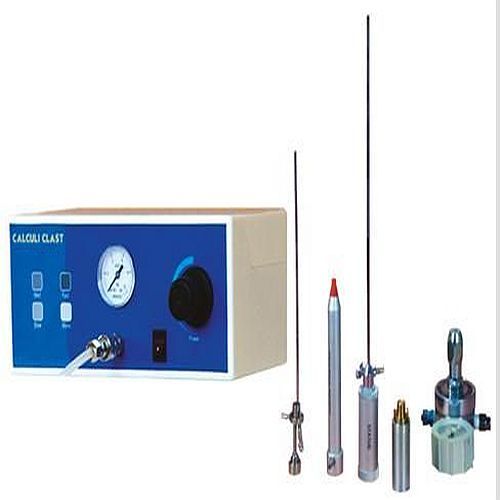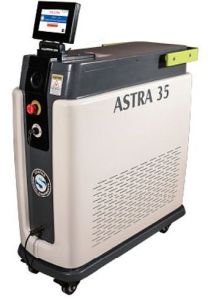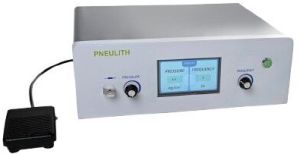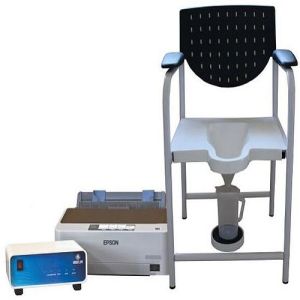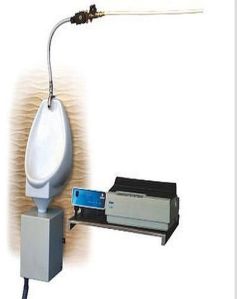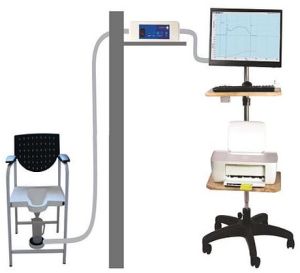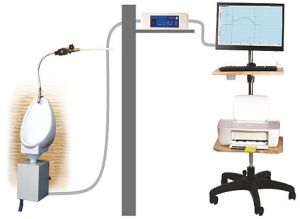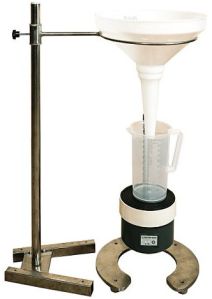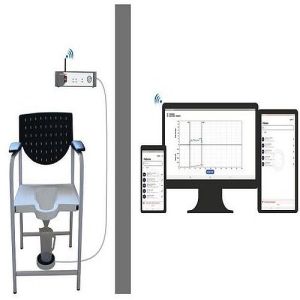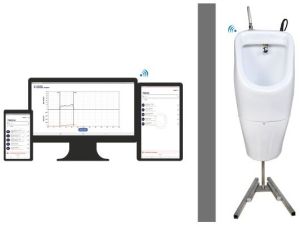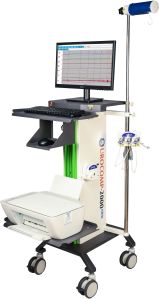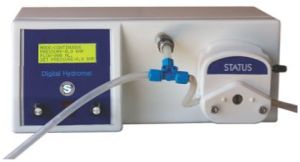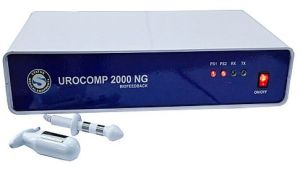info@statmedi.com - GST NO. : 27ABHCS9193B1Z1
- Send Email
| Business Type | Manufacturer, Exporter, Supplier |
| Application | Hospital |
| Control Unit Power Supply | 230 VAC, 50 Hz |
| Control Unit Working Pressure | 1.8 to 4 Kg/Cm2K |
| Click to view more | |
Product Details
Control Unit Maximum Input Pressure
6 Kg/Cm2
Control Unit Pressure Source
Pressurised oxygen/Compressed air
Hand Piece Dimension (Dia x length)
24x180mm
Hand Piece Weight
150 gms
Air Compressor Input Voltage
230V
Air Compressor Output Pressure
4 kg/cm2
Air Compressor Airflow
30 liter/min
The pneumatic lithotripter uses high-pressure air pulses to efficiently break kidney and ureteral stones during urological procedures. Its compact design ensures precise stone fragmentation with minimal tissue damage and heat generation.
Features
- Calculiclast®, the pneumatic lithotripter was designed and developed in India in 1994.
- The device operates by generating high-pressure air pulses which are delivered through probe to fragment urinary stones. The mechanism is highly efficient, capable of breaking even larger stones into small fragments.
- The precise and minimum forward movements of the probe minimize stone flying ensuring minimal tissue damage.
- Adjustable pneumatic pressure allows the user to adjust the power of the blast.
- The device is provided with special accessories and probes for fragmentation of renal and bladder stones. Adaptors can be provided to connect the machine to central connection.
- The device comes with an option of oil less, noiseless computer mounted on a powder coated trolley.
Probes
- 0.8mm, 1mm, 1.2mm probes for ureterorenoscopy
- 1.5mm probes for bladder stones
- 2mm probes for renal stones
Regulatory Approval
- Approved by CDSCO for manufacturing license, adhering to national regulatory requirements for medical devices.
- Safety Compliance: Certified according to EC 60601-1, ensuring the highest standards for electrical medical equipment safety.
Advantages of Calculiclast
- Pneumatic energy breaks down the stones effectively into smaller, passable fragments.
- The precise pneumatic mechanism allows to target the stones with minimal impact on surrounding tissues.
- Compared to other stone-breaking technologies, pneumatic lithotripters are more affordable, making them accessible to a broader range of healthcare facilities.
- The compact design is ideal to use in clinical settings as it allows for easy transportation and setup.
- Designed with simplicity and ease of use in mind, it allows for straightforward operation by medical professionals, requiring minimal training.
Looking for "Calculiclast Intra Corporeal Pneumatic Lithotripsy System" ?
Unit

